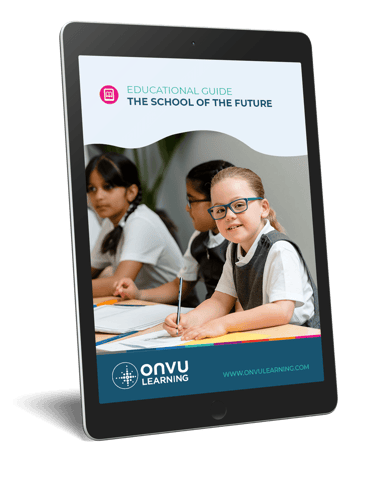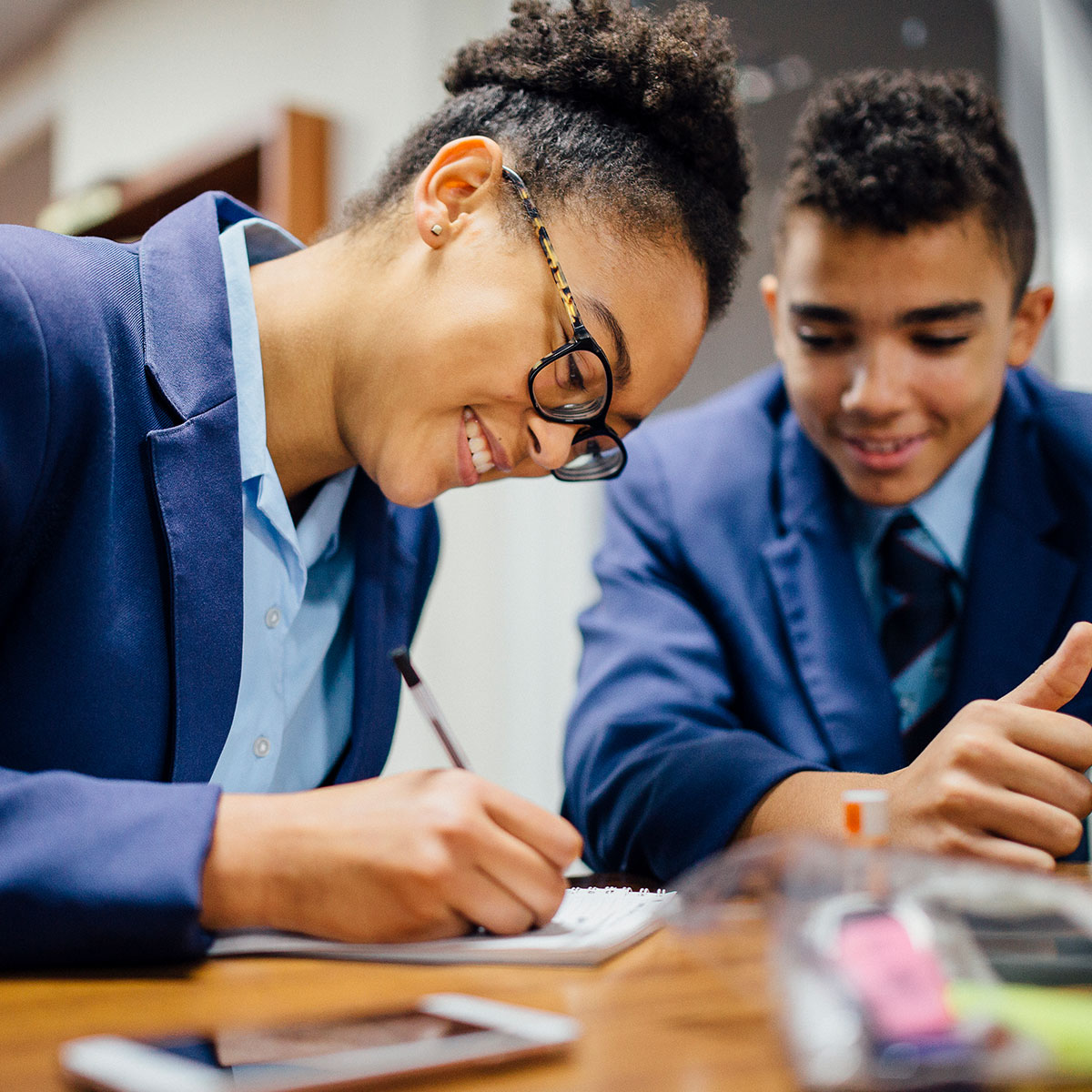- Self-Reflection
- 2 Minute Read


We wrote recently of the impact that teacher reflection and self-reflection can have, and the strong evidence that it can drive improvement at all stages of a teaching career. However, while trainee teachers regularly reflect on their lessons, the practice is much less common in qualified teachers, who often feel they have no time or no structure to reflect effectively.
Reflection can be by a teacher themselves or with support from a colleague, mentor or manager. We’ve brought together some examples from our work and the work of other global schools to show the true impact. Our examples make the case for self-reflection becoming a standard part of all teachers’ self-development.
NQT mentor Rachael Rivers wanted to implement a system that didn’t give teachers negative feedback but helped teachers to self-coach, giving the ability to be reflective of themselves and their impact on students.
She recognised the value to her as an educator and a professional. She added, “The idea of taking on more observation and putting out more hoops to jump through would turn anyone off. But that’s not what [ONVU Learning] does. The reality is I have control of the footage, it’s stored securely and only used for CPD within the set mentoring methodology, improving my performance.”
Read the full case study here.
The school was on introducing a new way of teaching Maths mastery. But rather than a traditional process of whole-staff training, this was rolled out using videoed examples of teachers using the new techniques. Staff were encouraged to practice and reflect on their own teaching. Headteacher Tony Rigg told us, “we have staff wanting to film their own practice as well as requests for [Maths Lead] Emma Barker to film particular strategies so they can see them modelled”.
John Tomsett is headteacher at Huntingdon School, York, and a passionate advocate for evidence-based teaching. He wrote,
“I cannot see the point of spending time observing a lesson if I am not actively helping teachers to improve their practice. We co-plan, I play an active, helpful role in the lesson and then we spend time reflecting upon how the lesson could have been better. Quite often we wait a week or two to meet so that the teacher can bring along work completed in the interim period by the students so that we can see whether the teaching has resulted in improved student progress – the Golden Thread!”
Tim Cavey is a vice-principal in at a school in the USA and hosts the ‘Teachers on Fire’ podcast. He is challenging teachers in his school to put self-reflection at the heart of their practice this year, writing,
“But what might it look like if as a professional learning community, we took ten minutes out of every week to answer these questions from the context of our professional practice and shared our results with each other?
Give teachers in your community the time and space to reflect on these three professional questions on a regular basis, and watch them take more ownership of their learning.”
If you are interested in the wider evidence base for self-reflection , here are two academic research articles to explore further:
Alcina Oliveira Martins, Maria Nazaré Coimbra, Isabel P. Pinto, Rosa Serradas. How Teachers Experience Practical Reflectivity in Schools: A Case Study. American Journal of Educational Research. Vol. 3, No. 7, 2015, pp 918-922. http://pubs.sciepub.com/education/3/7/16
Karl Attard And & Kathleen Armour (2006) Reflecting on reflection: a case study of one teacher’s early-career professional learning, Physical Education and Sport Pedagogy, 11:3, 209-229, DOI: 10.1080/17408980600986264 https://www.tandfonline.com/doi/abs/10.1080/17408980600986264?journalCode=cpes20

The School of the Future Guide is aimed at helping school leaders and teachers make informed choices when designing the learning environments of the future using existing and upcoming technologies, as they seek to prepare children for the rest of the 21st century – the result is a more efficient and competitive school.
KEEP IN TOUCH WITH ONVU LEARNING AND RECEIVE THE LATEST NEWS ON EDTECH, LESSON OBSERVATION, AND TEACHER TRAINING AND DEVELOPMENT.